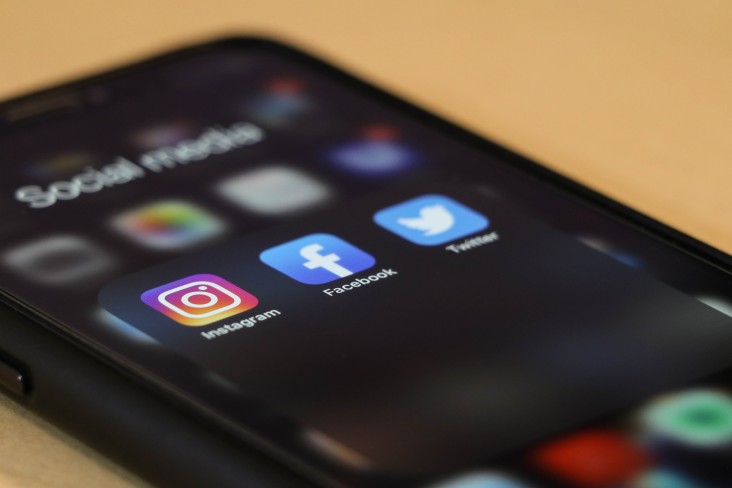There’s no denying the boundaries between our work and personal lives are being increasingly crossed.
We’re on Facebook, LinkedIn, and a whole host of other social media. We give our opinions and comment freely. Everything we do and say online can be shared exponentially.
The lines between our professional and personal personas are blurred and sometimes our work and personal lives collide. So, what happens if a problem arises?
We’ve all seen cases in the media where well-known people have come unstuck for airing their personal opinions publicly or doing something in their personal lives that brings them into disrepute.
When it comes to the law though, there are some key considerations when holding people to account.
If there’s a connection to our work and our actions could potentially cause damage to our employer or attract unwanted attention or publicity, disciplinary action could indeed be justified.
But there must be a clear relationship between the conduct and the employment. In other words, it’s not so much about where the conduct occurs but rather its impact on an employer’s business and the damage it could cause.
Take an incident of a few years ago where someone came to grief outside of the workplace and lost their job as a result.
You may recall the case of Guy Hallwright, a senior investment analyst who was convicted of causing grievous bodily harm with reckless disregard after a very public road rage incident in Auckland CBD. Guy drove over another motorist on the way to an appointment he was taking his daughter to after a vehicle altercation took place.
Guy’s employer, Forsyth Barr later terminated his employment. The case ended up in the Employment Court.
Guy’s actions gave rise to prolific media coverage. His role and employment with Forsyth Barr was highly publicised at the time. The media attention was damaging to Forsyth Barr’s reputation and undermined the public’s confidence in the company. The Employment Court concluded that Guy had brought Forsyth Barr into disrepute and that he had been justifiably dismissed.
But it can go both ways.
As an employer, before carrying out any disciplinary process, make sure you are not interfering with an employee’s privacy. Be careful how you obtain any personal employee information and only use that information or disclose it, in line with the purposes for which it was obtained.
No matter what the case, the question will always be asked, were your actions fair and reasonable in the circumstances?
